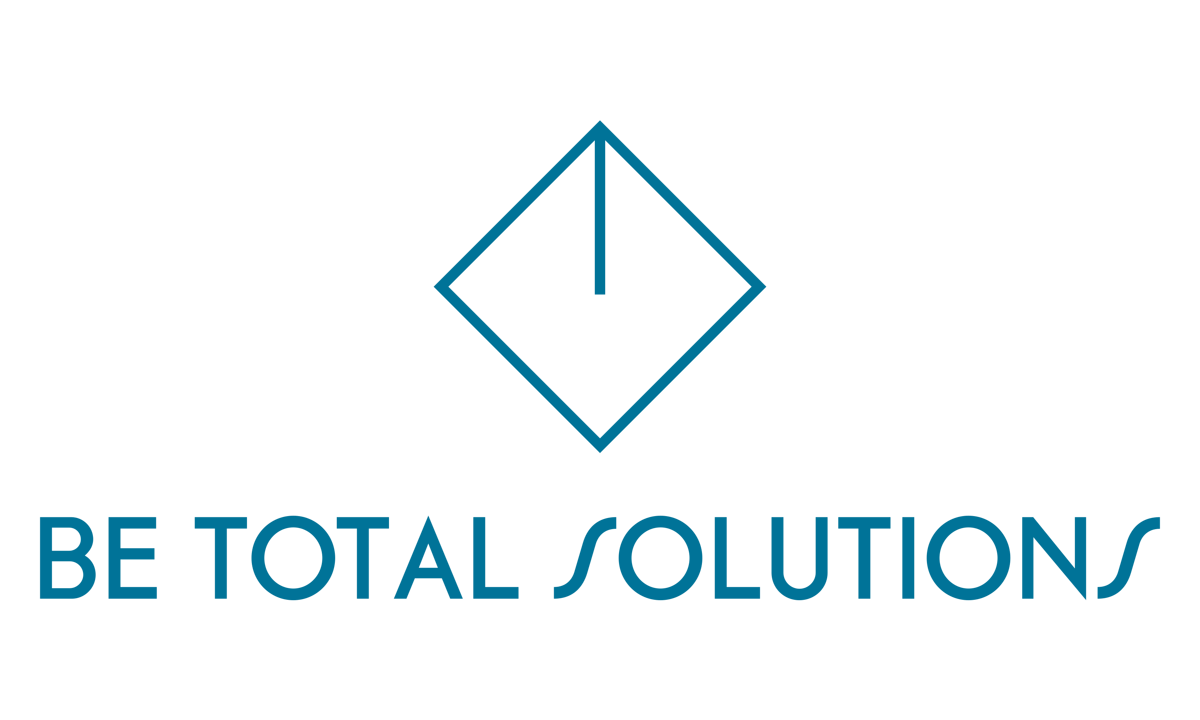Am I an AI Expert? Yes.
Over the last 6-8 months, I (as many people) have been trying to get up to speed on AI. As a business consultant and educated person, I’d love to be able to put a stake in the ground and say, “I am an AI Expert because I have this piece of paper that says that I am.” I feel like I need an outside source to validate that I know what I’m talking about when it comes to AI. (There have been ads for several MIT courses on AI served to me recently.) Unfortunately, the technology is so new and advancing so quickly, that anytime I take a LinkedIn Learning or read a book – it is already out of date.
I finally decided that instead of letting someone else tell me that I’m smart enough to talk about AI – I am going to start sharing my own experiences with it and validate my expertise through trial, error, and sharing my insights. I’d love to hear your experiences with it also. Just like AI gets smarter from learning as it goes and using the collective intelligence, that’s my plan too!
AI infiltrated our industry, even before we fully knew what it was. I supported a team to launch and help “educate” a digital assistant – a chatbot to answer patient questions – pre-COVID! We were nervous at first, that patients would not be happy talking to a machine. So we decided not to try to disguise it as something that it wasn’t - we were up front with the fact that it was a chatbot and it has had huge success. It increased traffic to the website and resulted in happier patients, because their questions were answered quickly and easily.
Since then, I have used it in all different ways: creating images, website and email copy, and even to research patient pain points and create patient personas! This last one was my favorite. (Although writing copy for an entire website in 1 day versus a month was pretty incredible too!)
I was working on a project around D-SNP (Dual Eligible Special Needs Plan) patients. D-SNP are patients that are eligible for both Medicaid and Medicare. As you can imagine, payors are looking to enroll these patients, but they are very difficult to connect and communicate with as they typically have a lot of disabilities and low income.
This was an independent consulting project for me so I did not have access to a large research budget. Instead, I asked ChatGPI to help me to really understand these patients. Here is my prompt:
“Let's talk about D-SNP patients. I want to develop personas for these patients. I want to understand who they are as people. Where they get their news/information, and what is most important to them - on a daily basis and with their health. I also want to understand what is stopping them from participating in D-SNP.”
I was blown away by what it provided. It gave me 3 patient personas, here is one of them:

It then listed out 6 barriers to participation, including
lack of awareness and communication barriers. I was then able to make edits, create
images to represent each persona, and present a cohesive and well thought out
plan to my client.
It is important to note that not all of the personas and information provided was correct. It suggested one persona to be 55 years old, which, unless she has kidney failure or some other qualifying condition, she would not qualify for Medicare (which would not make her dual eligible). This is why it is so important to proofread and edit what ChatGPT provides. Yet, it gave me enough of a starting point that I could make my own inferences and do more research to provide a full picture.
In this dynamic landscape, proficiency with AI isn't about static expertise but rather an ongoing journey of adaptation and innovation. As I continue to harness AI's potential, I invite you to join me in embracing this transformative technology, charting new territories of knowledge and opportunity together.
**AI wrote this last paragraph. I asked it to make refinements to the majority of the copy and provide proofreading but didn’t love the majority of its feedback. Everything except for the closing paragraph were written only by me.
